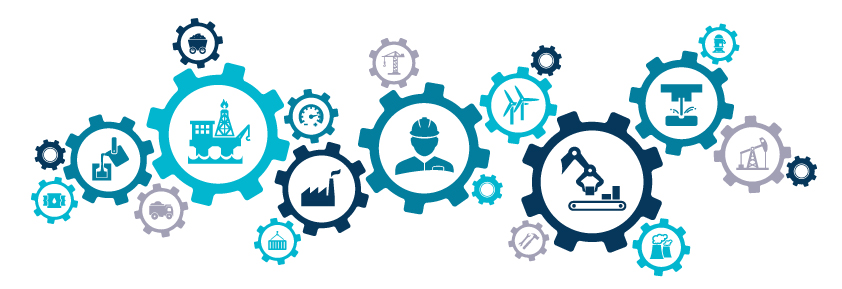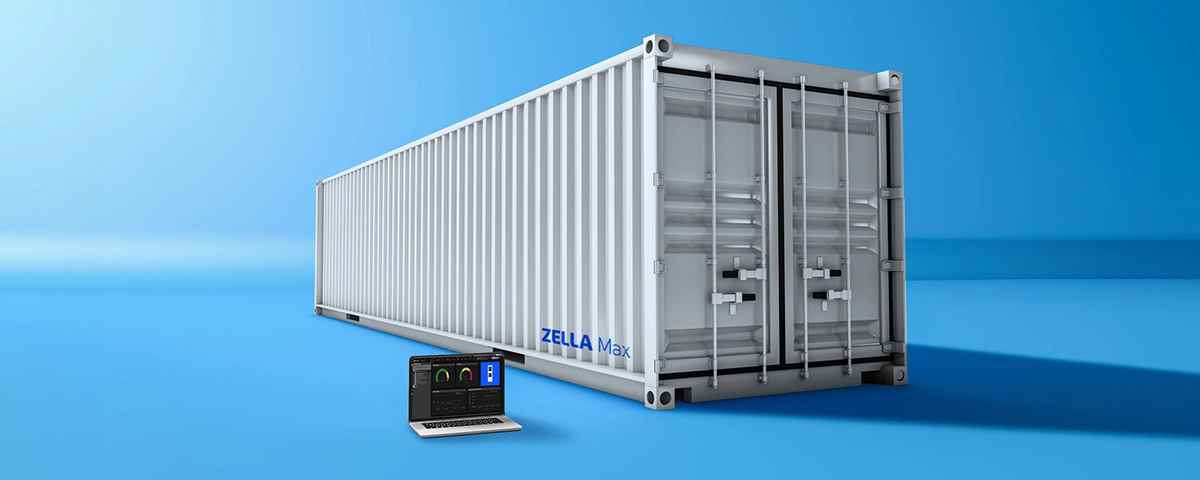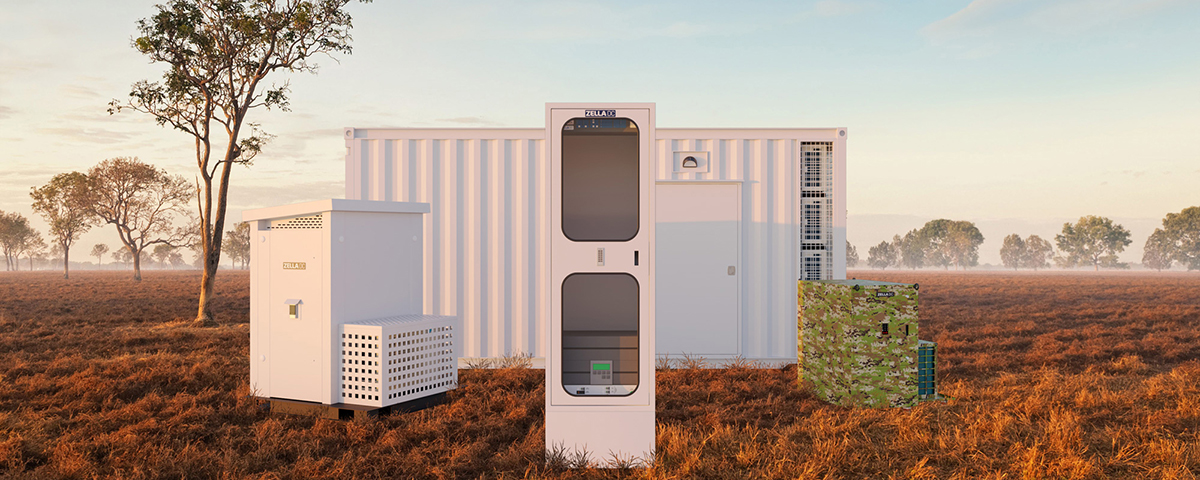Containerised, or modular, data centres have dramatically matured since their conception in the late 20th century. Back then, their only perceived use was in an emergency. Typically sited on the back of wagons or trucks, they’d be rolled onto scene during an outage or situation that meant a company’s traditional storage was out of action.
Once the problem was rectified, the units would simply be driven away.
Today, such a mobile and external data storage situation is being embraced by industries around the world – and with good reason. An overview of the advantages containerised data centres offer can be summarised as follows:
- Fast to deploy, typically being up and running in a matter of weeks
- Easily scalable. Simply increase units as data storage needs grow
- Can be sited anywhere you choose. On-site, off-site, or in remote and hostile locations
- Robust inbuilt digital and physical security
- Easy to maintain, requiring no special knowledge or qualifications
- Integrated cooling, removing the need for complex and expensive air conditioning and/or cooling systems
- Flexible to adapt to future technological upgrades
- Edge computing compatible. Can be sited close to where data is created, preventing latency and increasing digital security

So, what industries benefit from using these modular options? Where are they proving their worth and what potential do they offer?
The first that might spring to mind is that of disaster recovery. Many current events around the world highlight the importance of ensuring data can be securely stored, no matter what challenges there might be. Indeed, this is one of the foremost industries where containerised data centres are already proving invaluable.
But emergency use is only the tip of the iceberg when it comes to embracing such cutting-edge data storage needs. Other industries already making use of the tech include:
The defence sector. The growing need for data storage in what are often inhospitable locations is becoming indispensable. As modern defence relies more and more on computer-driven technology, including drones, aircraft and surveillance, the need for a local, rugged and wholly secure data storage facility becomes a vital element of security.
IT and communications. With the rollout of 5G and an ever-increasing reliance on smart devices, companies not only need simple, scalable storage solutions, but also the need for Edge computing capability. Containerised data centres are the obvious way forward.
Government and infrastructure. From national to regional level, examples of how modular solutions will be essential to support technology include the future vision of smart cities. From traffic management to crime prevention, data creation combined with immediate analysis is key to societal evolution.
Education. The pandemic has shown us that education can’t be constrained by students being in a central location. Online learning elements are only set to increase – even within a single facility – with presentation methods having to be delivered in ever more innovative fashions. Again, this dramatically increases the level of data generation, as well as the need for instantaneous analysis and actionable response.
Healthcare. From in-dwelling patient medical devices through to on-site storage and sharing of data, the healthcare industry is a prime example of where scalable and dynamic data storage will drive the speed of progression.
Entertainment and media. Perhaps one of the greatest generators and consumers of data, the field represents huge potential for containerised storage. From localised reporting and data capture through to the entertainment platforms of the future – including VR and AR elements – scalable storage and Edge computing capability are just some of the reasons for industry growth.
These examples are over and above industries that are already embracing the concept. These include mining operations and other areas that require a robust, rugged and remote operation capability.






